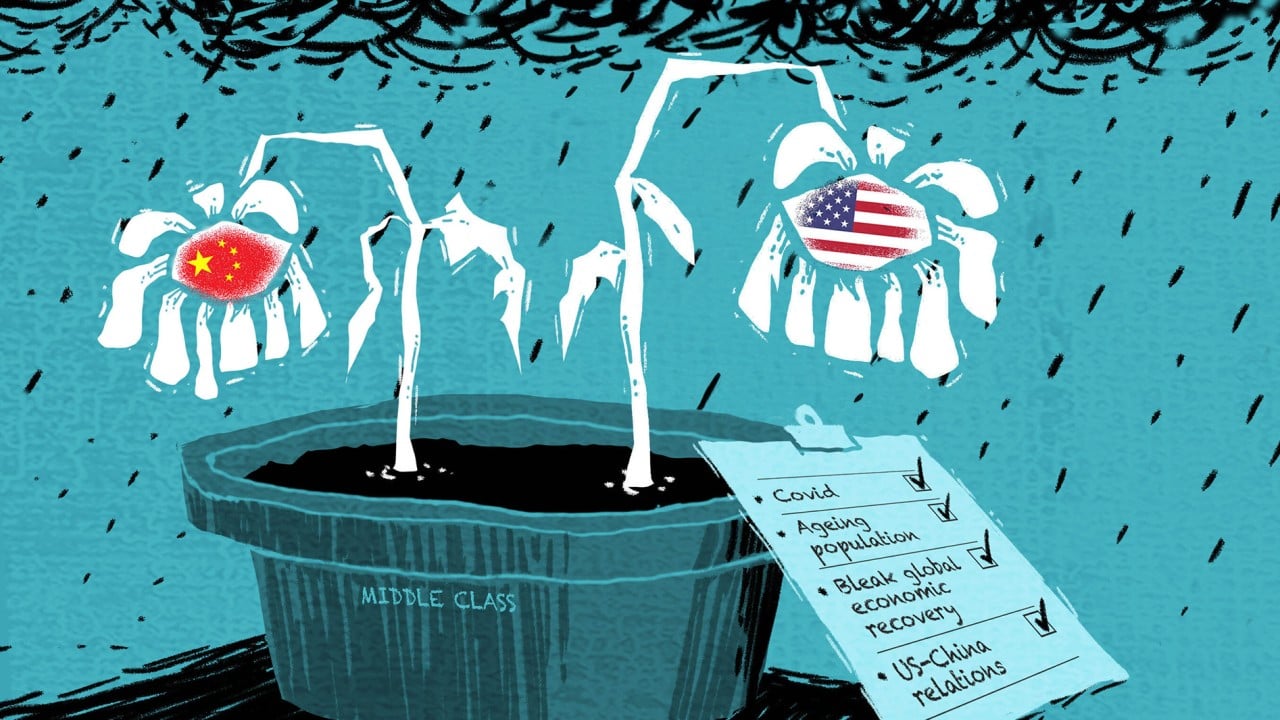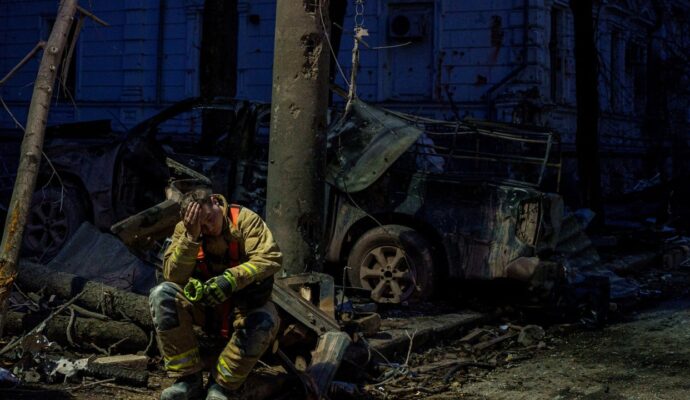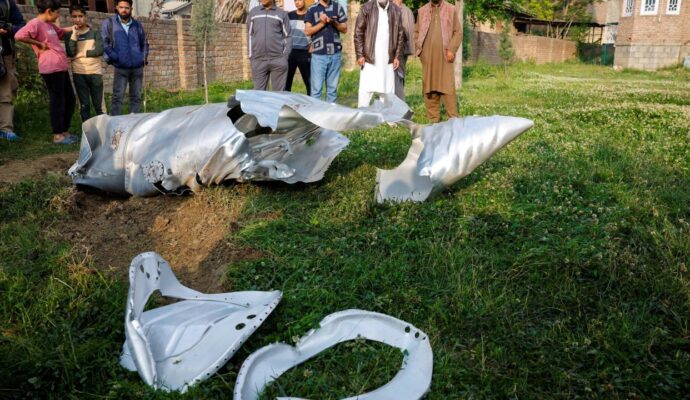Rong Ying, vice-president of foreign ministry think tank the China Institute of International Studies, told a forum on Thursday that the two powers had a complex relationship that “cannot be defined by one word or one paradigm”.
“More importantly, if the relationship is about rivalry, then we naturally come to the conclusion that in the end there will be a winner and a loser,” Rong said during a panel discussion at the Global Public Security Cooperation Forum in Lianyungang, Jiangsu province.
“Then it is probably like a boxing match, where one person stands and the other gets knocked down,” he said.
“But we hope that it will be a long-distance running race, or a high jump – that is, through this kind of competition, we can achieve development together.”
The remarks come amid intensifying competition between world’s two biggest powers on everything from trade and technology to influence in the Indo-Pacific.
Advertisement
Washington singled out a “growing rivalry with China, Russia and other authoritarian states” as a key challenge facing the United States in a White House document outlining President Joe Biden’s national security strategy published in early 2021.
In recent months, high-ranking US officials have visited China as part of efforts to improve communication between Beijing and Washington, but tensions remain.
Oppose ‘hegemonism’, Chinese Vice-President Han tells UN
Oppose ‘hegemonism’, Chinese Vice-President Han tells UN
Earlier this week, Biden said at the opening of the UN General Assembly that US-led global partnerships were not about “containing any country” but about “a positive vision for our shared future”.
“When it comes to China, I want to be clear and consistent. We seek to responsibly manage the competition between our countries so it does not tip into conflict,” he said.
Rong from the CIIS on Thursday said that China and the US, as two world powers, had a responsibility to “not only strive for their own development, but more importantly to also promote the progress of world peace and development”.
Advertisement
He was speaking at a discussion panel on international security, one of three held at the gathering in Lianyungang, which was organised by the China Association for Friendship. More than 500 law enforcement officials and academics from 50 countries, regions and organisations attended the two-day event.
Speaking at the same panel on Thursday, Zhu Feng, executive dean of Nanjing University’s School of International Studies, said Beijing rejected attempts to escalate a great power rivalry, and that it aims for “mutual respect and peaceful coexistence”.
Advertisement
“We are still some sort of a developing country and the goal of China is economic development,” he said.
“We don’t want to compete with the US to be No 1 because it’s not serving China’s interests best. China still puts priority on our economic development, I think that’s also the smart response.”
Advertisement


